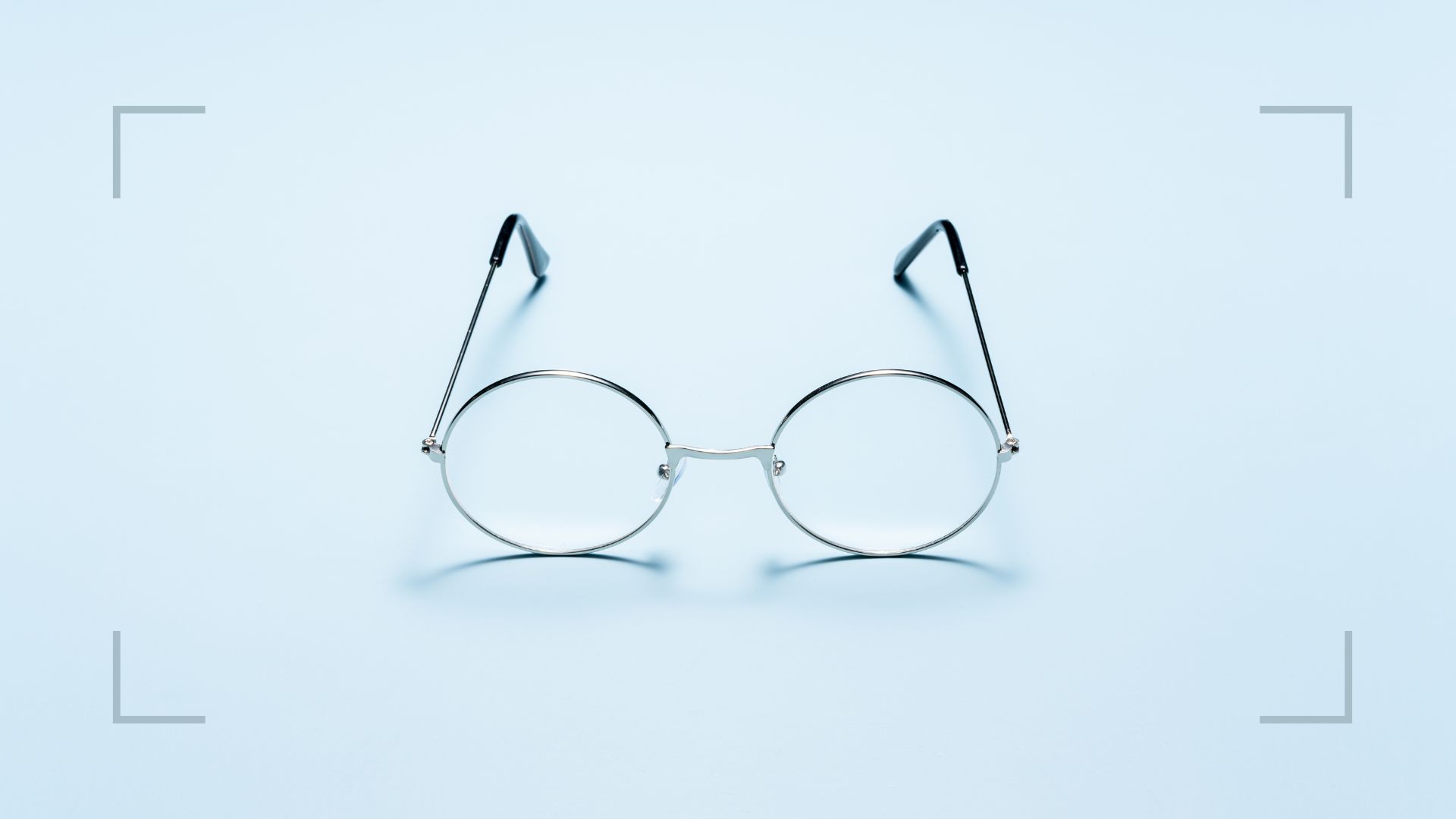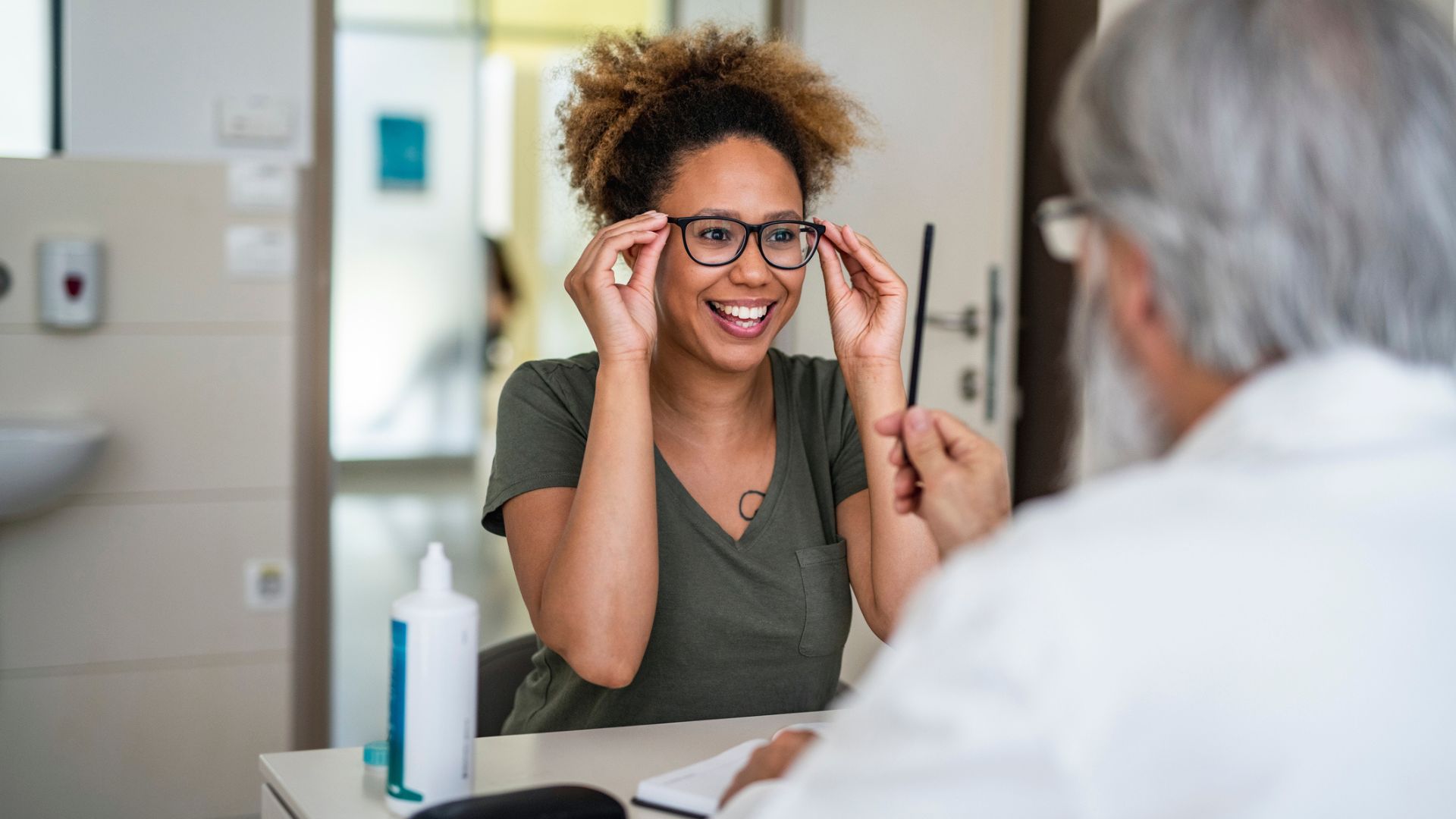How often should you have an eye test? Optometrists reveal it's actually more than you might think
How often should you have an eye test? Optometrists reveal all as 3 in 10 miss appointments


Sign up to our free daily email for the latest royal and entertainment news, interesting opinion, expert advice on styling and beauty trends, and no-nonsense guides to the health and wellness questions you want answered.
You are now subscribed
Your newsletter sign-up was successful
Want to add more newsletters?

Daily (Mon-Sun)
woman&home Daily
Get all the latest beauty, fashion, home, health and wellbeing advice and trends, plus all the latest celebrity news and more.

Monthly
woman&home Royal Report
Get all the latest news from the Palace, including in-depth analysis, the best in royal fashion, and upcoming events from our royal experts.

Monthly
woman&home Book Club
Foster your love of reading with our all-new online book club, filled with editor picks, author insights and much more.

Monthly
woman&home Cosmic Report
Astrologer Kirsty Gallagher explores key astrological transits and themes, meditations, practices and crystals to help navigate the weeks ahead.
How often should you have an eye test? You may not feel the need to visit the opticians or optometrist if you don't notice anything wrong with your eyes, but a check-up is still essential for keeping your eyes healthy. In fact, we all should be booking an appointment a lot more regularly.
Many of us believe we only need to go for an eye test if our vision starts to change or if we experience problems, but a visit to the opticians can solve many issues - from eye strain when using a laptop to symptoms of an undiagnosed health condition.
Much like increasing how often you go to the dentist if you're looking to improve your eye health or want a better understanding of how your eyesight is set to change over the years to come, including how menopause impacts eye health, booking an eye test will be the best idea. Here, leading optometrists reveal how often you should really be making an appointment.
How often should you have an eye test?
You should go for a routine eye test at least every two years, even if you're not experiencing any problems with your eyes, says optometrist Kyla Black, who is also head of professional services at Boots Opticians. "It can help spot early signs of many eye health conditions which you wouldn't know otherwise," she explains. "If you experience double or blurry vision, dry eyes, headaches, and shoulder or neck pain, or have any other concerns about your eyes, you should see your optometrist or doctor for advice."
Once every two years may be more often than you might think, as research from Eyewire suggests that 10% of Americans have not had an eye test within the last five years. A further survey from Orbis reveals that those living in the UK aren't any better at keeping tabs on their appointments, with almost 30% of people saying they hadn't had a test in the past three years.
"A regular eye check-up is essential to maintain your eye health," agrees Boots' clinical governance optometrist Paul McMahon. "An optometrist won't only assess your vision and the health of your eyes, they can provide tailored advice on your visual experience."

This article is for general interest and is not intended to suggest a course of action that might be suitable for you. Always consult a licensed healthcare professional before making decisions concerning your health and wellbeing.
What problems can an eye test solve?
1. Undiagnosed health conditions
Having an eye test can rule out any issues with your eye health and this,
Boots' clinical governance optometrist Opinder Malhi says, could help to either rule out or diagnose other serious health issues.
Sign up to our free daily email for the latest royal and entertainment news, interesting opinion, expert advice on styling and beauty trends, and no-nonsense guides to the health and wellness questions you want answered.
"If someone is experiencing blurry vision, they may not realize that something could be going on behind the scenes. For example, this could be a symptom of potentially serious health conditions, such as high blood pressure [hypertension] or diabetes," she says. "Certain health conditions like these can be picked up by a routine eye test, which is why it’s essential to get your eyes checked regularly."
2. Eyesight problems at work
From using a laptop during the working day to scrolling social media in the evening, most of us are looking at a screen for many hours a week. This, research from Goa Medical College and Hospital shows, can have a serious effect on our eyes with itchy, watery, and dry eyes, pain behind the eyes, and red eyes being the most common symptoms of looking at a screen for too long.
An optometrist can help you figure out the issue and make recommendations for changing your working style, whether that's altering your screen or recommending blue light glasses, to help work better.
3. UV protection
If you don't have a pair of sunglasses when the sun's out, you could end up experiencing a condition called photokeratitis, which is when you've been looking at the sun for too long unprotected. Symptoms include red eyes, extreme sensitivity to light, tearing up frequently, and the feeling of having something in your eye, research from Soochow University reveals.
However, some people will need sunglasses and UV protection for more months of the year than others. Checking in with an optometrist regularly can help you determine the right UV protection for you.

Grace Walsh is woman&home's Health Channel Editor, working across the areas of fitness, nutrition, sleep, mental health, relationships, and sex. She is also a qualified fitness instructor.
A digital journalist with over seven years experience as a writer and editor for UK publications, Grace has covered (almost) everything in the world of health and wellbeing with bylines in Cosmopolitan, Red, The i Paper, GoodtoKnow, and more.